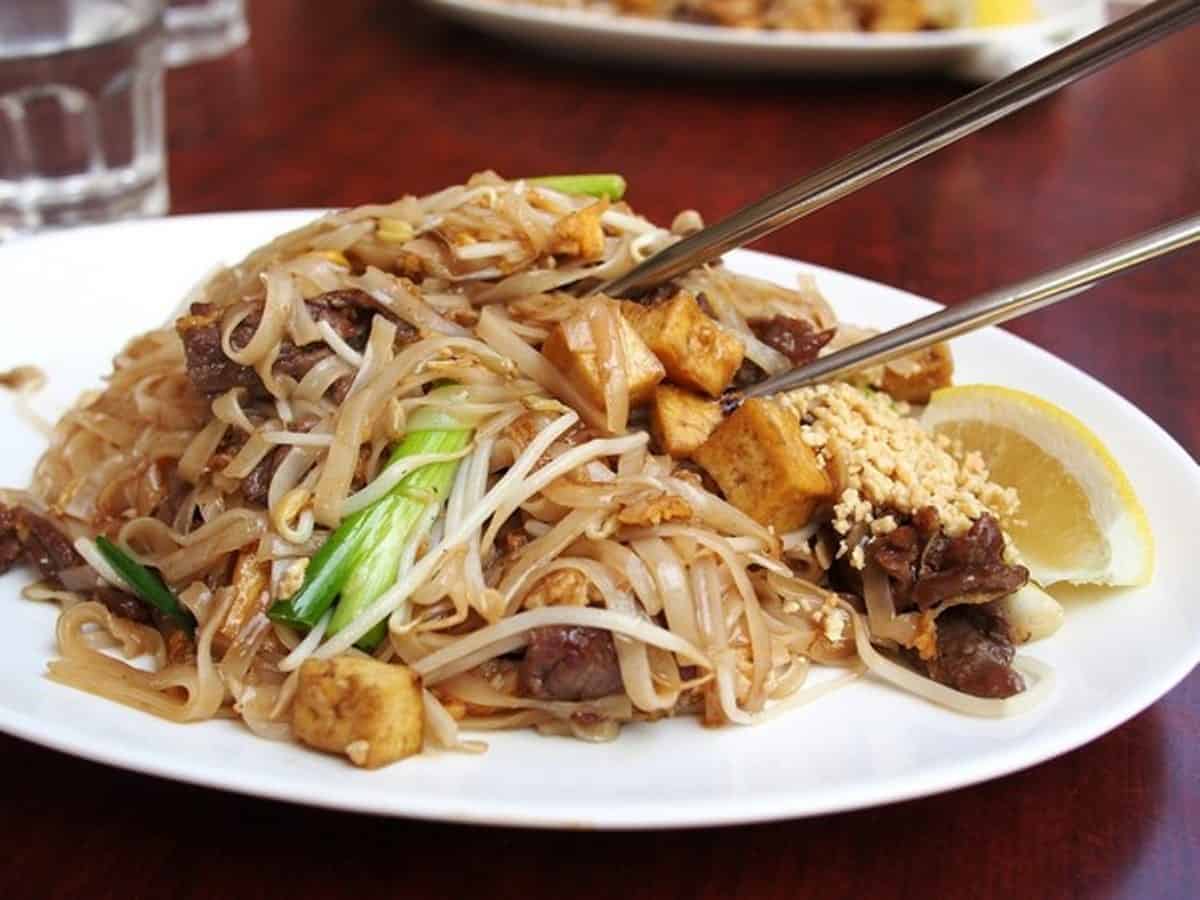Washington: While we all know how fried food intake can lead to obesity, the findings of a recent study suggest that it is also linked to a heightened risk of major heart disease and stroke.
The findings of a pooled analysis of the available research revealed that consumption of fried-food is linked to a heightened risk of major heart disease and stroke. The results are published online in the journal ‘Heart’.
What researchers say?
As per the study, the risk rises with each additional 114 g weekly serving. It’s clear that the Western diet doesn’t promote good cardiovascular health, but it’s not clear exactly what contribution fried food might make to the risks of serious heart disease and stroke, said the researchers.
To shed some light on this, they trawled research databases, looking for relevant studies published up to April 2020, and found 19. They pooled the data from 17, involving 562,445 participants and 36,727 major cardiovascular ‘events’, such as a heart attack or stroke, to assess cardiovascular disease risk.
They also pooled the data from six, involving 754,873 participants and 85,906 deaths over an average monitoring period of 9.5 years, to assess the potential link between fried food consumption and deaths from cardiovascular disease and from any cause.
Their analysis showed that compared with the lowest category of weekly fried food consumption, the highest was associated with a 28 per cent heightened risk of major cardiovascular events; a 22 per cent heightened risk of coronary heart disease, and a 37 per cent heightened risk of heart failure.
These associations held true when stratified by various study and participant characteristics. What’s more, a linear association emerged between fried food consumption and major cardiovascular events, coronary heart disease, and heart failure.
Risks
These risks substantially increased by 3 per cent, 2 per cent, and 12 per cent, respectively, in tandem with each additional 114 g weekly serving.
Several studies included only one type of fried food, such as fried fish, potatoes, or snacks, rather than total fried food intake, which may have underestimated the associations found, suggest the researchers.
No associations were found for deaths from cardiovascular disease or from any cause, but this might be because of the relatively small numbers involved, say the researchers.
The design of the included studies varied considerably, added to which, they all relied on memory–factors that should be taken into consideration when interpreting the results, caution the researchers.
And how exactly fried foods might influence the development of the cardiovascular disease isn’t entirely clear, they point out but suggesting several possible explanations.
Energy intake
Fried foods boost energy intake because of their fat content and they generate harmful trans-fatty acids from the hydrogenated vegetable oils often used to cook them.
Frying also boosts the production of chemical by-products involved in the body’s inflammatory response, while foods, such as fried chicken and French fries, are usually high in added salt, and often accompanied by sugar-sweetened drinks, particularly when served in fast-food restaurants, they say.

